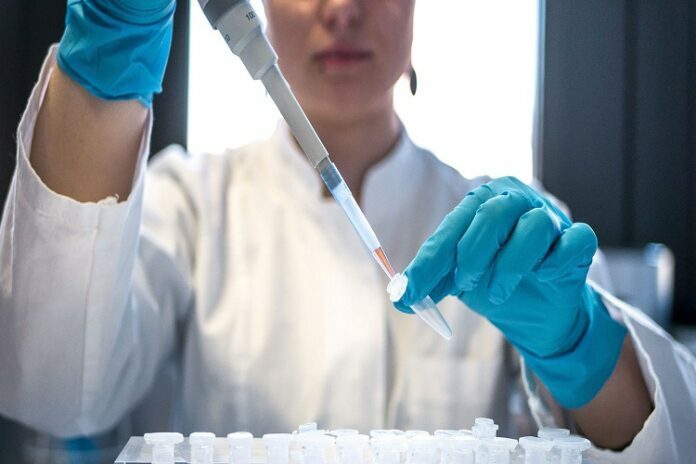STD testing in Asheboro is an essential part of sexual health. It is recommended that sexually active individuals get tested for STDs regularly. This article will discuss the importance of STD testing and why you should get tested regularly.
Table of Contents
WHAT ARE STDS?
STDs, or sexually transmitted diseases, are infections that can be spread through sexual contact. Chlamydia, gonorrhea, syphilis, herpes, and HIV are only a few of the numerous forms of STDs. While some STDs have no known cure but may be controlled with medicine, others can be treated with antibiotics.
WHY IS STD TESTING IMPORTANT?
STD testing is important for several reasons. First, many STDs have no symptoms or only mild symptoms, so you may not know that you have an infection. If left untreated, STDs can cause serious health problems, such as infertility, pelvic inflammatory disease, and even cancer. Second, getting tested for STDs can help prevent the spread of infections to others. Finally, being aware of your STD status can help you make informed decisions about your sexual health.
WHO SHOULD GET TESTED FOR STDS?
Anyone sexually active should get tested for STDs regularly, regardless of age, gender, or sexual orientation. If you have multiple sexual partners or have had unprotected sex, you may be at a higher risk for STDs and should get tested more frequently.
HOW IS STD TESTING DONE?
STD testing can be done in several ways. Some tests require a blood sample, while others require a urine or swab sample. You may also be asked to provide a sample of genital fluid. In some cases, a physical exam may be required. Your healthcare provider can recommend the appropriate testing method based on your individual situation.
WHAT SHOULD YOU DO IF YOU TEST POSITIVE FOR AN STD?
If you test positive for an STD, it is important to follow your healthcare provider’s recommendations for treatment. Some STDs can be cured with antibiotics, while others can be managed with medication. Your healthcare provider can also provide resources and support for coping with the emotional aspects of an STD diagnosis.
CONCLUSION
STD testing is an important part of sexual health. Regular testing can help detect STDs early and prevent serious health problems. Anyone sexually active should get tested for STDs regularly, and those at higher risk should get tested more frequently. If you test positive for an STD, follow your healthcare provider’s recommendations for treatment and seek support as needed.











